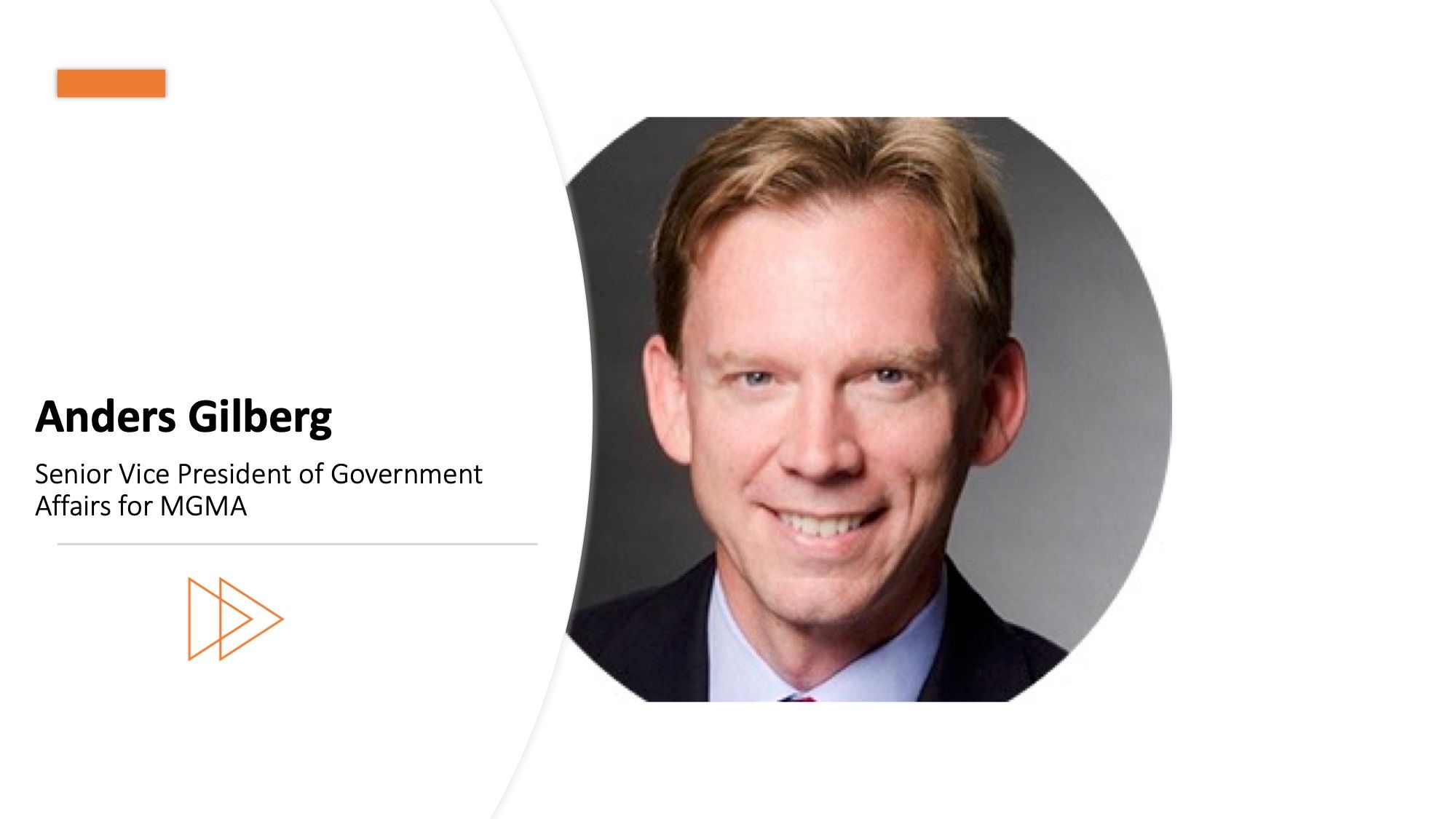MGMA 2022: What’s up in Washington D.C.?
An exclusive interview with MGMA’s man in D.C.

The November’s General Election may be one of the most consequential in recent memory, with the results possibly changing the direction of the country’s federal government.
With so much at stake, it can be hard to keep up with everything going on in Washington D.C. as far as healthcare policy. To lift the veil on what the word on Pennsylvania Avenue is, Anders Gilberg, senior vice president for government affairs at the Medical Group Management Association, took some time out during the organization’s Medical Practice Excellence Leaders Conference in Boston to discuss the hottest policy topics exclusively with Physicians Practice.
The following transcript has been edited for length and clarity.
Physicians Practice: So, what's the hot topic in Washington right now?
Anders Gilberg: Well, for medical practices, it's the physician payment issue, that's definitely the number one issue.
Right now, we're ginning up our efforts on going through these payment issues. One of the things we did is we did a survey of medical practices. We got over 500 responses, we had over 25 pages of anecdotal responses in terms of what they would have to do at a very specific level if the 8.5% cut goes into effect.
The 8.5% cut, again, is the 4% PAYGO sequester and the 4.5% reduction to the Medicare conversion factor, which will be finalized in the fee schedule, which we expect on November 1, (2022). That gives us a lot of concern.
We have support in Congress. Legislation was introduced recently, which obviously we support to deal with the 4.5% cut. But we're also working with members to move forward on legislation to apply an inflationary update linked to the Medicare economic index, to make sure that we don't have medical practices and physician practices fall further behind in an environment where inflation is spiking over 9%.
We do a lot of back and forth in dialogue with our members, but it's been a while since I've had 500+ practices respond almost immediately on something. They're taking it very seriously, and they have to start planning right now for some of these issues in order to make difficult decisions.
The good news is we have members of Congress that are well aware of the issue and are looking at it. But we also have a lot of other issues in Washington and our political environment today that are completely unrelated to things like the Medicare program access that have a lot of bipartisan support. And whether it's some of the back and forth about the hearings for the former president or some of the documents at Mar-a-Lago, I think that if the House of Representatives goes Republican, then we're going to have to really impress upon Congress that they need to continue to focus on the issues that matter and go into a lame duck session to address those issues.
PP: So, what can we expect next year as far as legislation?
AG: I think it's difficult to predict, because while the stock market, for example, might like divided government, it's very difficult to pass any kind of substantial legislation in a divided Congress. Things just slow down dramatically.
And there a lot of very supportive physician members of Congress, who have and are currently helping us by introducing legislation, often bipartisan legislation, to deal with the payment cuts.
So, we will continue regardless of who wins the election to leverage those relationships.
PP: We’re getting close to the end of the MGMA Medical Practice Excellence Leaders Conference. How has it been?
AG: It's been good. It's an (attendance) increase over last year, and that's encouraging. We also have a digital conference (Nov. 8-10) so we're going to have other opportunities to reach our audiences. And to that end, share what they need to know from the government affairs side as well as other key issues in terms of practice management.
PP: Thank you for your time, Anders. It’s always a pleasure.
AG: It was good to see you.